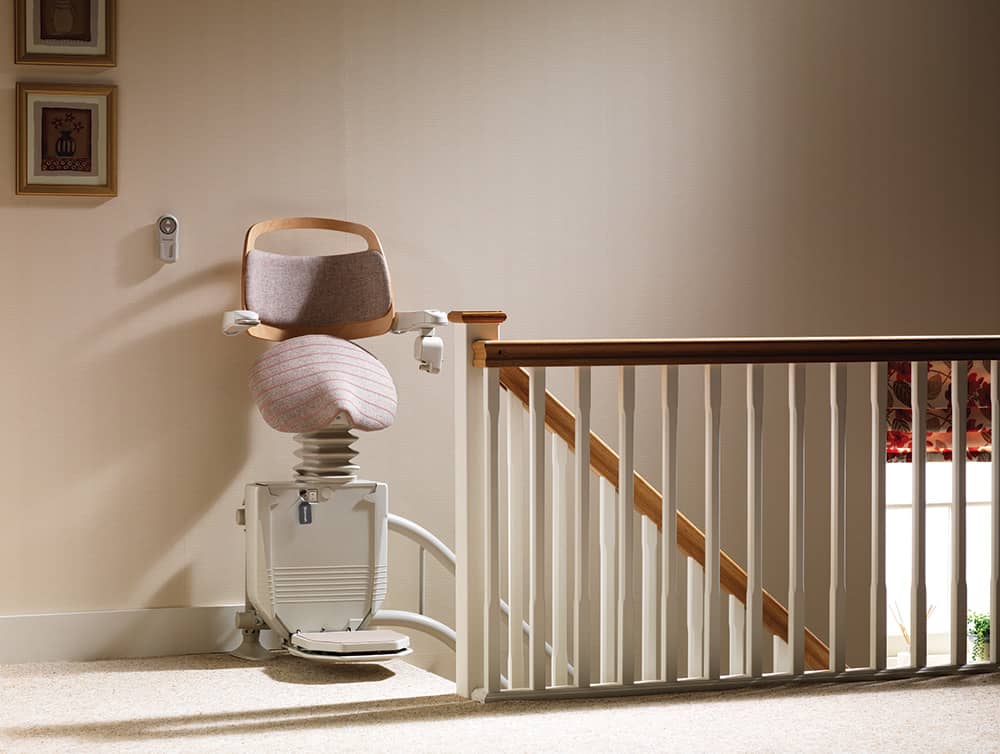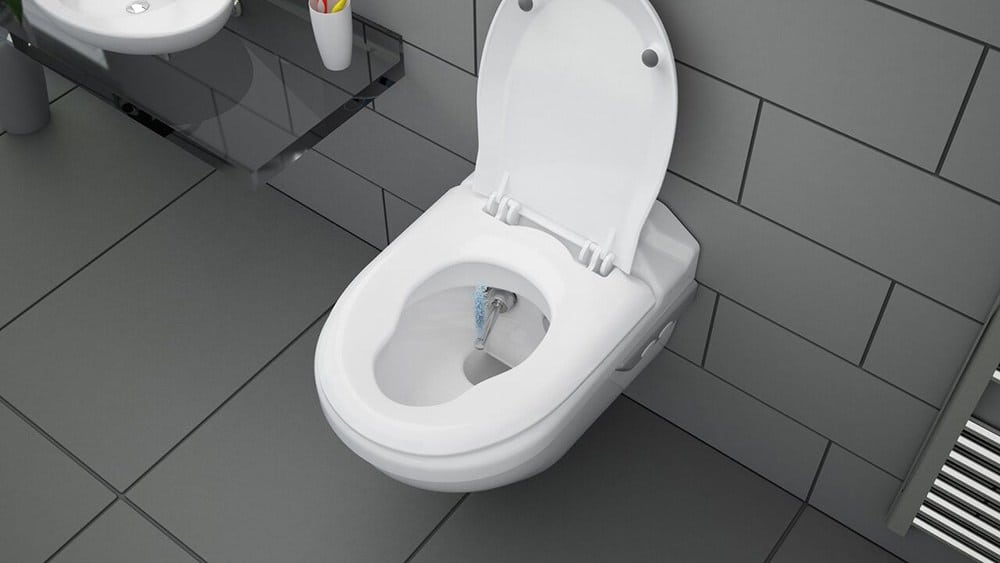New review calls for major DFG overhaul to improve home adaptations in England

VAT rules adjusted for major adaptations, a national accreditation scheme for tradespeople, the establishment of housing & health partnership boards and the removal of stairlifts from means testing are just some of the 45 Disabled Facilities Grant (DFG) changes being considered by Government following a major review.
The recommendations are part of a new 292-page external review of the DFG commissioned by the Department of Health and Social Care and written by the University of the West of England, Foundations, the Building Research Establishment (BRE) and Ferret Information Systems, examining challenges and potential improvements for how the grant operates.
The Disabled Facilities Grant
Established almost three decades ago, the DFG is a capital grant paid to local authorities in England that can meet, or contribute towards, the cost of adapting a person’s home to help them remain independent.
The annual DFG budget – worth £0.5 billion this year – forms part of the Better Care Fund, a pooled budget seeking to integrate health, social care and housing services.
Commenting on the DFG, Paul Smith, Director of Foundations, the national body for home improvement agencies and DFG, said: “DFG will be 30 years old next year. In many ways it was ahead of its time – recognising the importance of supporting independence. The preventative approach it embodies is now becoming the norm and we have an opportunity to bring health, housing and social care practitioners closer together to make DFG more effective.”
According to the review, the majority of disabled people live in ordinary housing, with only seven percent of homes in England including basic accessibility features such as level access or a downstairs toilet.
Additionally, nearly nine out of every 10 applications relate to physical disabilities and 90 percent of adaptations are for the provision of level access showers, stairlifts or ramps, with an average cost of £9,000.
With demand for adaptations already outstripping supply, it is predicted this is set to worsen as the population ages.
The DFG key challenges
Commissioned in February 2018, the independent review aims to support more people live independently for longer, whilst also suggesting more joined up action across housing, health and social care.
In particular, the paper surveys the following topics; integration, DFG distribution, regulations, market development, tender issues, common parts and, measurement of outcomes.
Despite increased government spending in DFG over recent years, the report states that Local Authorities have simultaneously reduced their contribution of additional funding, resulting in a failure to significantly increase the number of homes being adapted.
The review also supports the findings of the Centre for Ageing Better’s independent report earlier in the year which called for a simplification of the home adaptation process, describing it as so “complex and varied that even professionals working in the area struggle to navigate it.”
In addition, the report suggests that a fear of triggering an unmeetable demand has resulted in a lack of DFG advertising and the requirement for applicants to contribute to the cost of adaptations leads to too many people dropping out of the process.

Key DFG recommendations
To help improve the effectiveness and reach of the DFG, the review provides 45 recommendations to address the challenges, including a rise of the maximum DFG amount with regional weightings and inclusion of the DFG in personal budgets and making spending on adaptations part of the social care cap.
Commenting on this recommendation, Andrew Stevenson, interim Director General of the British Healthcare Trades Association, told THIIS: “BHTA welcomes this comprehensive review of Disabled Facilities Grants and particularly the recommendation that DFG should form part of a person’s personal budget.”
Other recommendations include a further five-year funding programme for DFG, Health & Wellbeing Boards reporting separately on DFG funding based on the number of people helped to remain independent at home, the creation of Housing & Health Partnership Boards in every area of England to maximise the impact of grants for home adaptations, and renaming DFG as part of a national awareness campaign.
Sheila Mackintosh, Research Fellow at the University of West of England and co-author of review, said: “This Review looks at the current way the Disabled Facilities Grant is delivered and how it could be improved to reduce pressures on health and social care.
“But governance needs to be improved, resources distributed fairly and transparently, and services updated to provide faster and more effective solutions in keeping with today’s lifestyles.”
Assistive technology and the retail market
Assessing the current home adaptation consumer market, the external review also notes that whilst technology such as hoists and stairlifts have always been part of the DFG, other specialist assistive technology has “developed a reputation for failing to deliver on its promises.”
It says new, low-cost high-street smart home technology, such as the Amazon Echo, is being adopted by some Local Authorities to assist with independent living, suggesting ‘smart home starter kits’ should be provided as an element of all DFG applications.
Alongside the introduction of starter kits, the report says those ineligible for the Grant or wishing to organise adaptation work themselves find it difficult to receive reliable adaptations information from retail suppliers, calling on local authorities to provide more information and advice.
Drawing attention to North America’s accredited Certified Ageing in Place Specialists Scheme, the review says there is a potential to use some of annual £500million budget to develop the wider market for consumers looking to adapt their home based on price benchmarking and developing common standards.
https://thiis.co.uk/new-review-calls-for-major-dfg-overhaul-to-improve-home-adaptations-in-england/https://thiis.co.uk/wp-content/uploads/2018/12/Sadler-260-UP3Q-P-Unfolded_6462.jpghttps://thiis.co.uk/wp-content/uploads/2018/12/Sadler-260-UP3Q-P-Unfolded_6462-150x150.jpgGovernment & Local AuthoritiesHousingNewsroomReports & ResearchCentre for Ageing Better,Department of Health and Social Care,DFG,DHSC,Disability,Disabled Facilities Grant,Government review,home adaptations,housing adaptationsVAT rules adjusted for major adaptations, a national accreditation scheme for tradespeople, the establishment of housing & health partnership boards and the removal of stairlifts from means testing are just some of the 45 Disabled Facilities Grant (DFG) changes being considered by Government following a major review. The recommendations are...Calvin BarnettCalvin Barnettcalvin.barnett@bhta.comAuthorTHIIS Magazine

